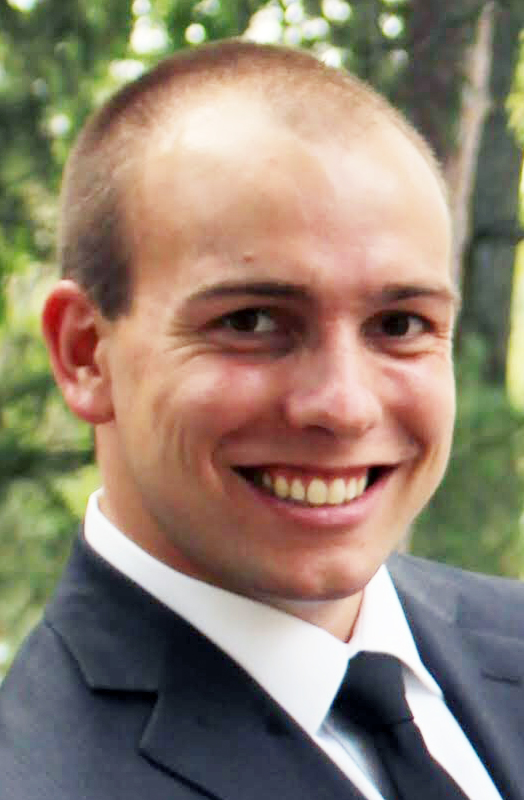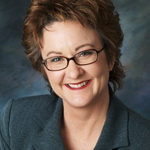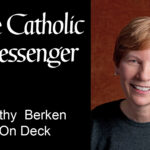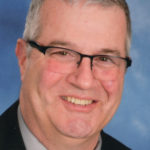By Patrick Schmadeke
I was off to the library for the evening, carrying my book bag in one hand and my bicycle helmet in the other. Our neighbor across the street, a rather boisterous man, shouted from his yard, inquiring where I was headed. I responded, “To the library.” He asked the next obvious question, “What do you need a bike helmet for?” Feeling clever I said, “Well, you have to be careful. You never know what you might learn.”
My assignment was to read St. Athanasius’ “On the Incarnation.” It is a truly beautiful work. From lines such as, “God became man so that man might become God” to “no part of creation is left void of God,” the text is replete with a theology of God renewing creation through the incarnate “God Word.”

Athanasius’ capacity for writing prose is matched by his life’s work. He was a deacon at the Council of Nicaea in 325 and served as bishop of Alexandria for nearly a half-century. Alexandria was a center of Christianity in the ancient world and was home to no shortage of controversies. Thus, Athanasius was right in the middle of the most heated debates of his generation. Some of these debates are on display in “On the Incarnation.”
Part of Athanasius’ goal in this work is to argue for the reality of the resurrection of Christ. His first argument is an oft-repeated theme in the early centuries of Christianity, namely, the witness of the martyrs. Athanasius writes, “no longer is death fearsome, but all believers in Christ tread on it as nothing, and would rather choose to die than deny their faith in Christ” (No. 27). And, “one who has put on the faith of the cross … is not afraid of death because of Christ” (No. 28). “The resurrection is evident because in union with Christ, the fear of death has lost its grip on us.”
As a secondary argument, Athanasius interprets the spreading of the Christian faith around the world as evidence for the resurrection. “For since the Savior works so many things among human beings, and daily in every place invisibly persuades such a great multitude … to turn to his faith and all to obey his teaching” (No. 30). For only if Christ is alive can Christ do such works.
After reading these passages, I felt disoriented when I couldn’t bring myself to agree with Athanasius. These were simply weak arguments.
Did I mention this saint is one of the four doctors of the Eastern Church? Suddenly I recalled the conversation with my neighbor just an hour prior — I needed my helmet.
On Athanasius’ first point — many people have died for various causes; that doesn’t mean their cause is legitimate. On his second point — if growth in membership is the metric for religious truth, then we should all turn to Islam.
I turned the question on myself. Why do I believe in the resurrection? We all must answer this for ourselves, but here’s my go at it.
Historically, it seems unlikely that the Christian movement would have gotten off the ground, absent the resurrection. It would have likely died out like other religious movements of the time period. The disciples would have dispersed and the world would have gone on its merry way.
Of greater import is a theological reason — the experience of the resurrection in daily life. There seems to be something primordial about the human capacity to experience resurrection. One need not be Catholic or even Christian to recognize this. When we die to our greed we come out the other side renewed. When we let go of our troubles we find ourselves made whole again. It would seem that God has written resurrection into the human condition.
There is no proof of the resurrection. Yet, neither can I prove that I love my wife. Even if every word and deed signaled my love for her, relationships resist measurability. We cannot quantify love. We cannot quantify the resurrection. All we can do is experience daily resurrection, a miraculous condition only found on the other side of a spiritual death.
(Editor’s note: Patrick Schmadeke is a graduate of St. Ambrose University (‘13) and a student in the Master of Divinity program at the University of Notre Dame. His column offers reflections on his coursework, engaging with the richness of the Catholic Tradition and its relevance to the world today.)











